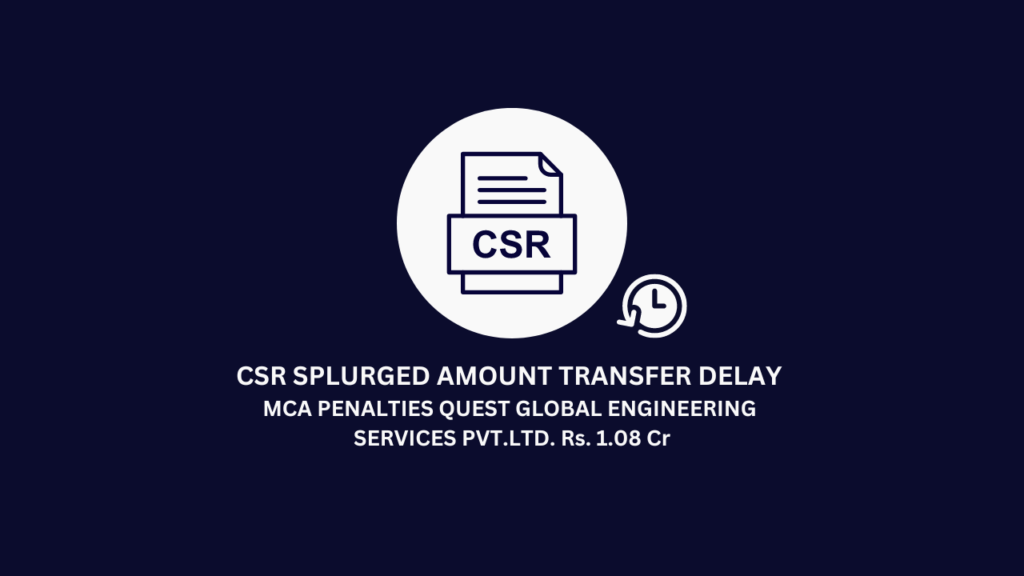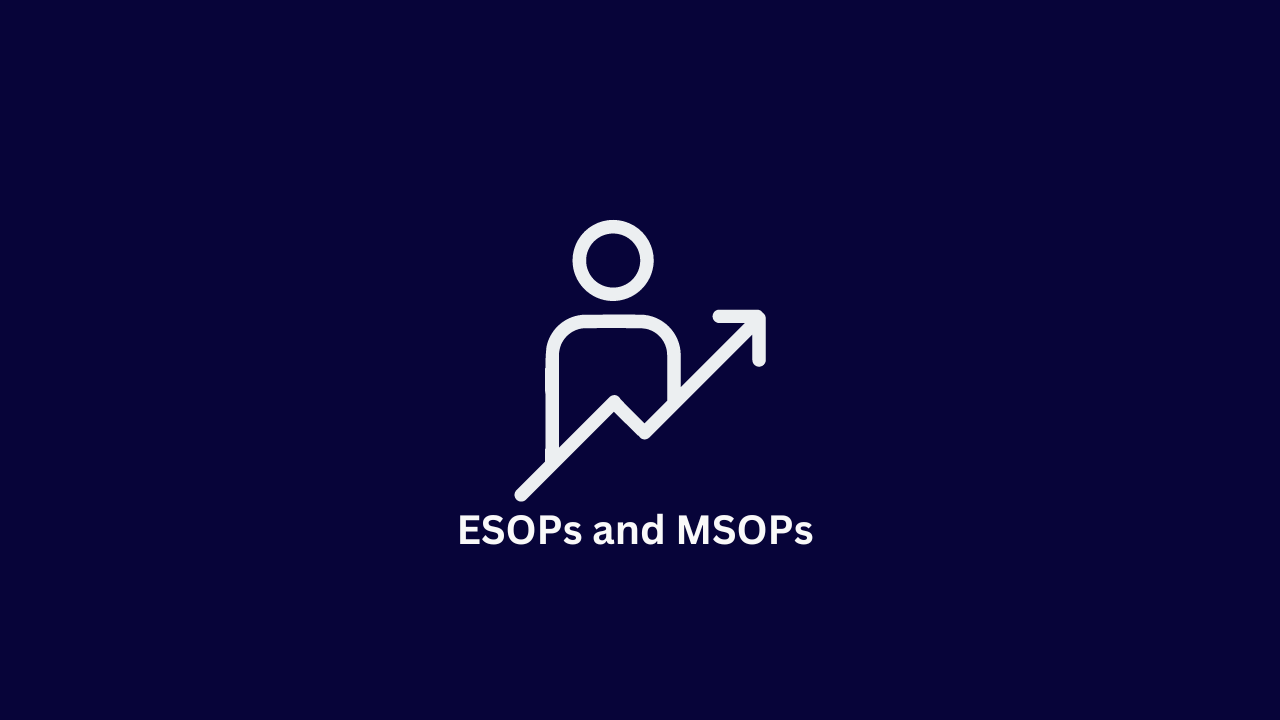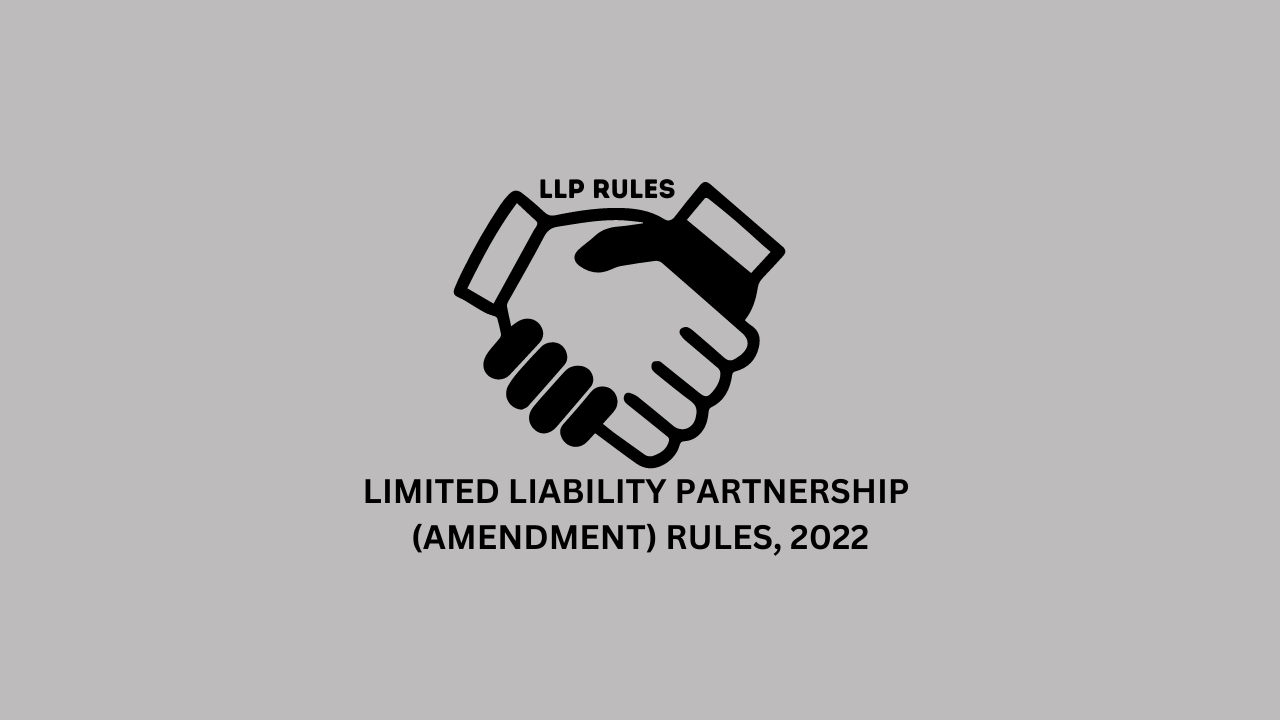Directors must carefully manage these responsibilities in order to respect moral principles and stay out of serious legal trouble.

Within the context of Corporate Social Responsibility (CSR), directors are essential in guaranteeing adherence to regulatory requirements. As demonstrated by the Quest Global Engineering case, the harsh penalties for non-compliance emphasize how crucial timely and responsible CSR money management is.
NEW DELHI, INDIA CSR): The Karnataka Ministry of Corporate Affairs (MCA) has lately made a major move in ensuring compliance with the Companies Act, 2013‘s requirements pertaining to corporate social responsibility (CSR). Quest Global Engineering Services Private Limited will be subject to a sizable fine in this action for its tardiness in transferring unspent CSR monies.
Within the context of Corporate Social Responsibility (CSR), directors are essential in guaranteeing adherence to regulatory requirements. As demonstrated by the Quest Global Engineering case, the harsh penalties for non-compliance emphasize how crucial timely and responsible CSR money management is.
NEW DELHI, INDIA CSR): The Karnataka Ministry of Corporate Affairs (MCA) has lately made a major move in ensuring compliance with the Companies Act, 2013‘s requirements pertaining to corporate social responsibility (CSR). Quest Global Engineering Services Private Limited will be subject to a sizable fine in this action for its tardiness in transferring unspent CSR monies.
After submitting an adjudication application in August 2023, Quest Global Engineering Services Private Limited—a company that was incorporated in 2014—came under investigation. This application admitted to having violated the rules by failing to transfer the remaining CSR funds to a specified account before the deadline.
During the 2021–22 fiscal year, the corporation was required to set aside Rs. 3,50,42,538.39 for corporate social responsibility initiatives. The company failed to transfer Rs. 1,23,39,138 to a designated account within the required 30-day period after the financial year’s end, even though it had contributed Rs. 2,29,34,000.39 and identified an ongoing project.
When the Companies Act of 2013’s Section 135 was enforced, the MCA assessed the following penalties:
With a computed penalty of Rs. 2,46,78,276; Quest Global Engineering Services Private Limited faced a maximum penalty of Rs. 1,00,00,000.
Individual Penalties: Mr. Praveen Hegde, the company secretary, and Mr. Kishore Rao, Mr. Raman Subramanian, and Mr. Shrikant Durga Naik, the directors, were each fined Rs. 2,00,000, the highest amount that could be imposed in comparison to the estimated penalty of Rs. 12,33,914 for each.
The MCA website provides payment details, and the corporation and its key personnel are required to pay the fines within ninety days. Within sixty days, they can file an appeal against the order. According to Section 454(8) of the Companies Act, 2013, noncompliance may result in further fines and legal ramifications.
This fine serves as a reminder of the strict application of CSR standards and the significance of prompt adherence to legal requirements. Companies who want to avoid significant fines and legal ramifications must carefully follow the CSR standards.
VITAL DETAILS
Directors are primarily responsible for overseeing the management of Corporate Social Responsibility (CSR) funding. According to the Companies Act of 2013, directors run the danger of paying heavy fines if they don’t make sure that unspent CSR funds are allocated and transferred correctly. Each director in cases such as the Quest Global Engineering case was subject to a severe fine of Rs. 2,00,000.
Subject to a maximum cap, this sum was calculated as one-tenth of the CSR amount that was not yet spent. The severe consequences underscore the vital duty directors bear in supervising CSR programs and budgets. Meeting legal requirements is only one aspect of it; other considerations include moral corporate governance and making sure CSR monies are used for the intended, beneficial purposes to society.
In order to avoid legal ramifications and maintain the company’s commitment to social responsibility, directors should take note of the penalties and ensure timely compliance with CSR rules.
It is essential to comprehend and follow CSR regulations to the letter.
Under the Companies Act of 2013, directors must give prompt adherence to CSR standards first priority. This means making sure that any unused CSR monies are moved to the right account within the allotted 30-day window following the conclusion of the fiscal year.
As seen in the Quest Global Engineering Services case, neglecting to convey information in a timely manner might result in serious consequences. Directors must continue to supervise CSR initiatives and financial obligations.
This incident emphasizes how crucial it is for directors to be aware of their legal obligations and the repercussions of breaking them, emphasizing the necessity for them to play a proactive and watchful role in governance.
(CSR in India)








